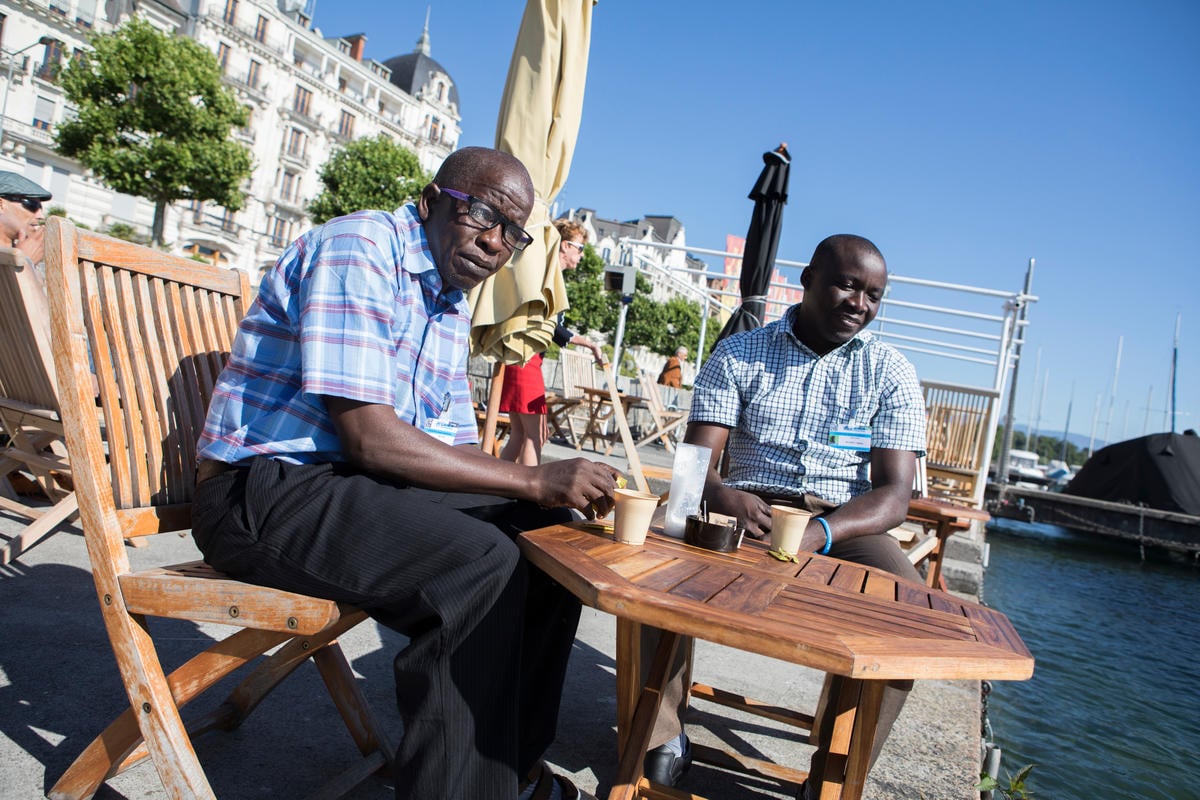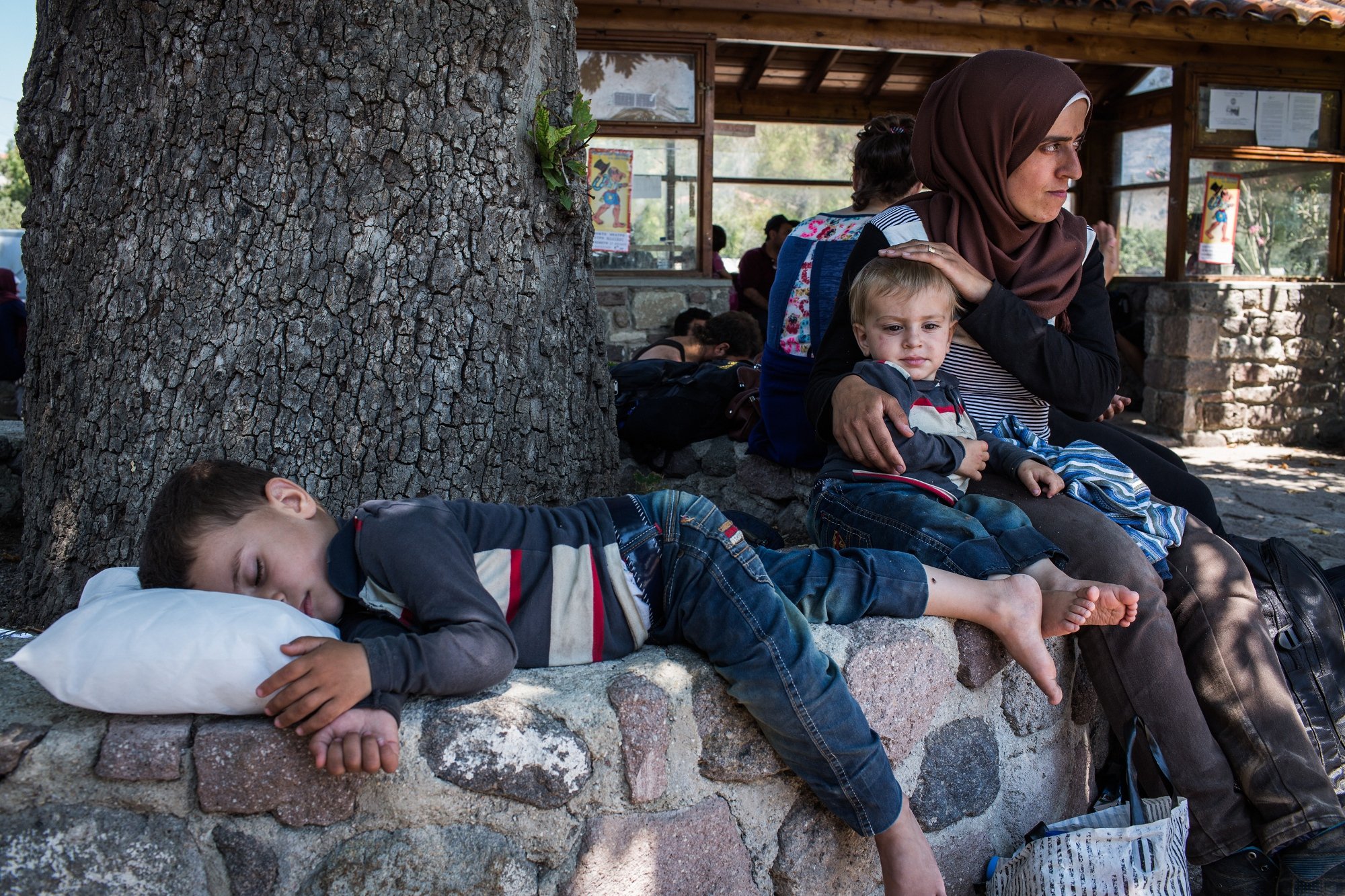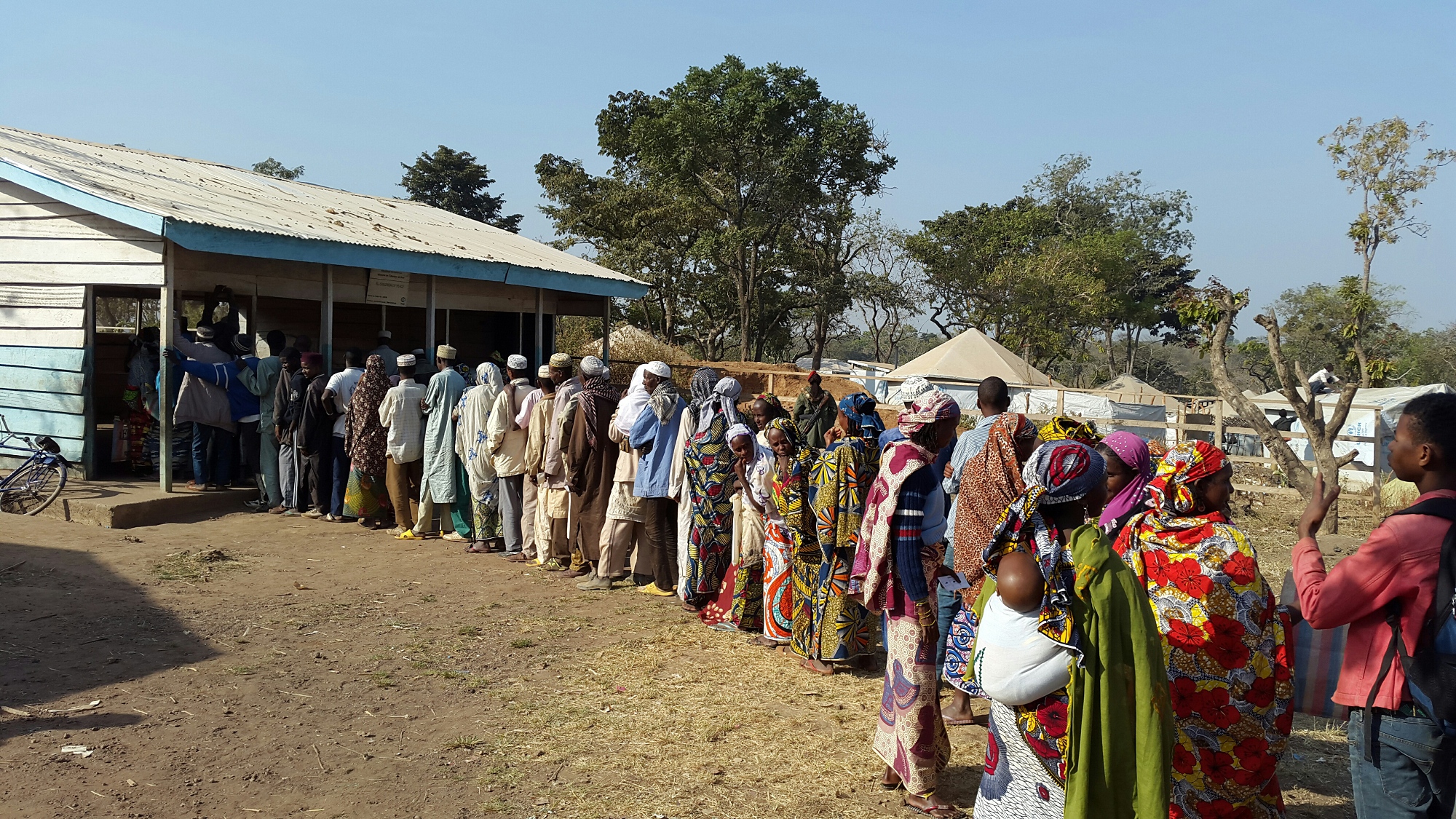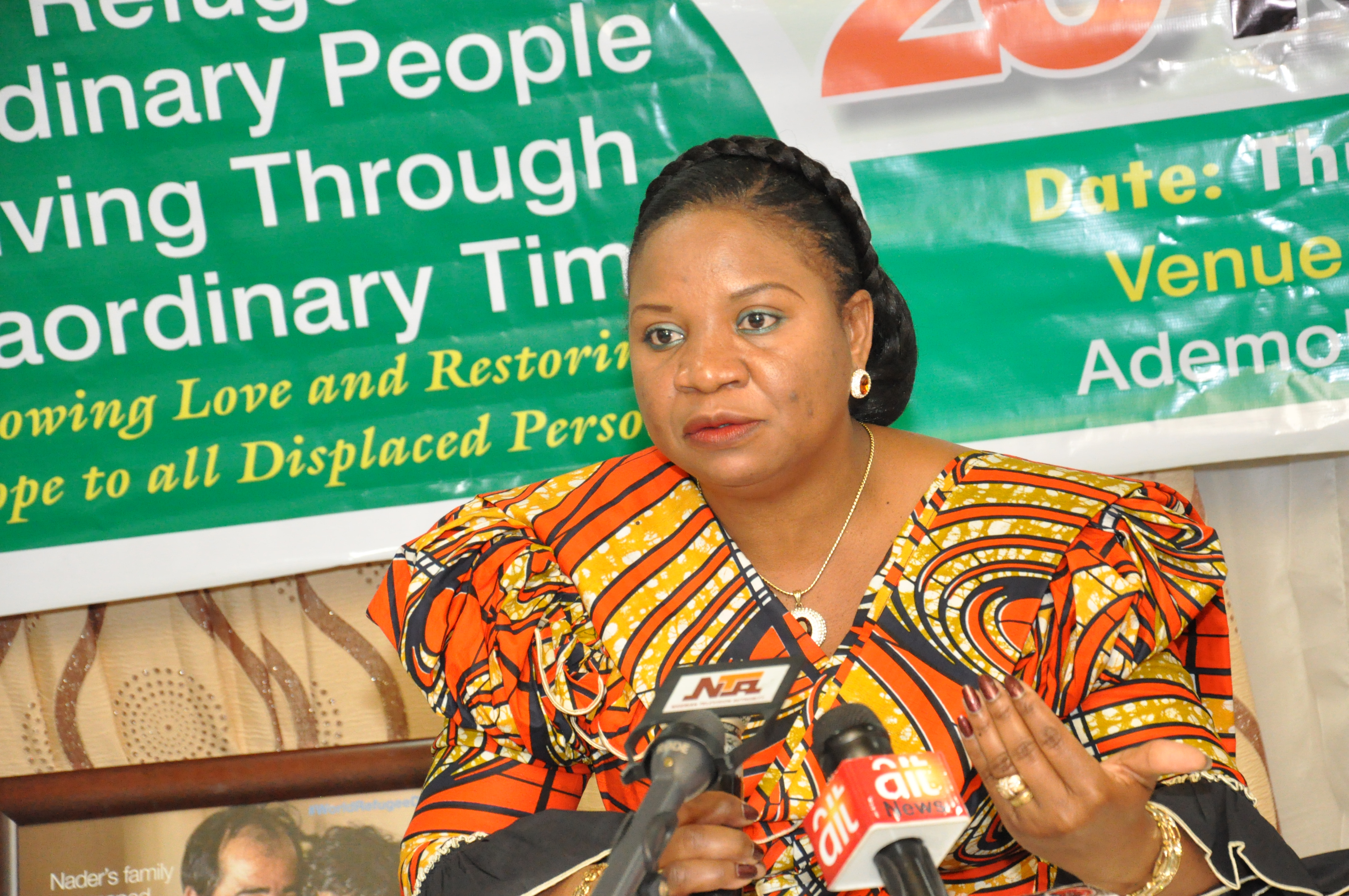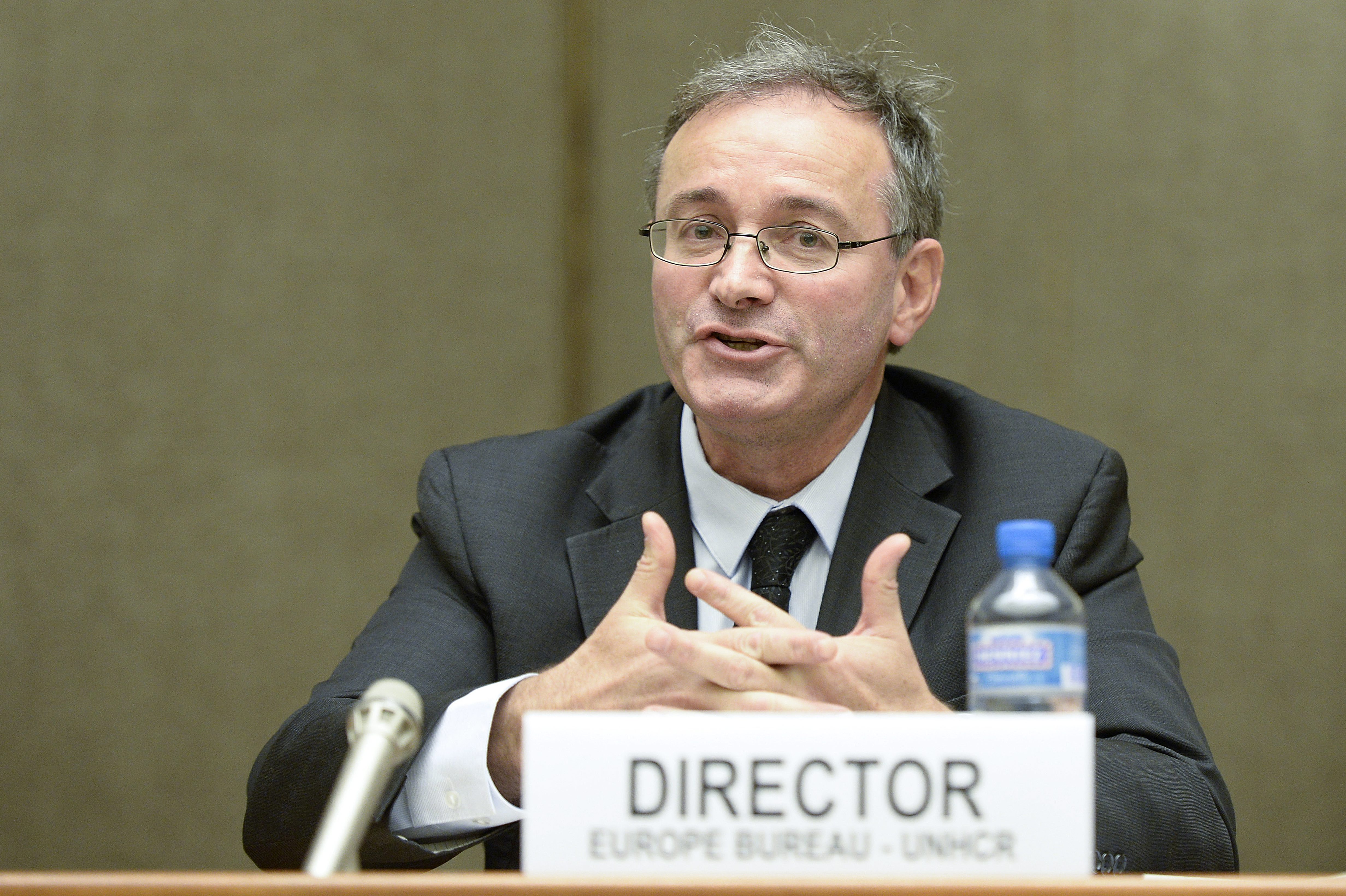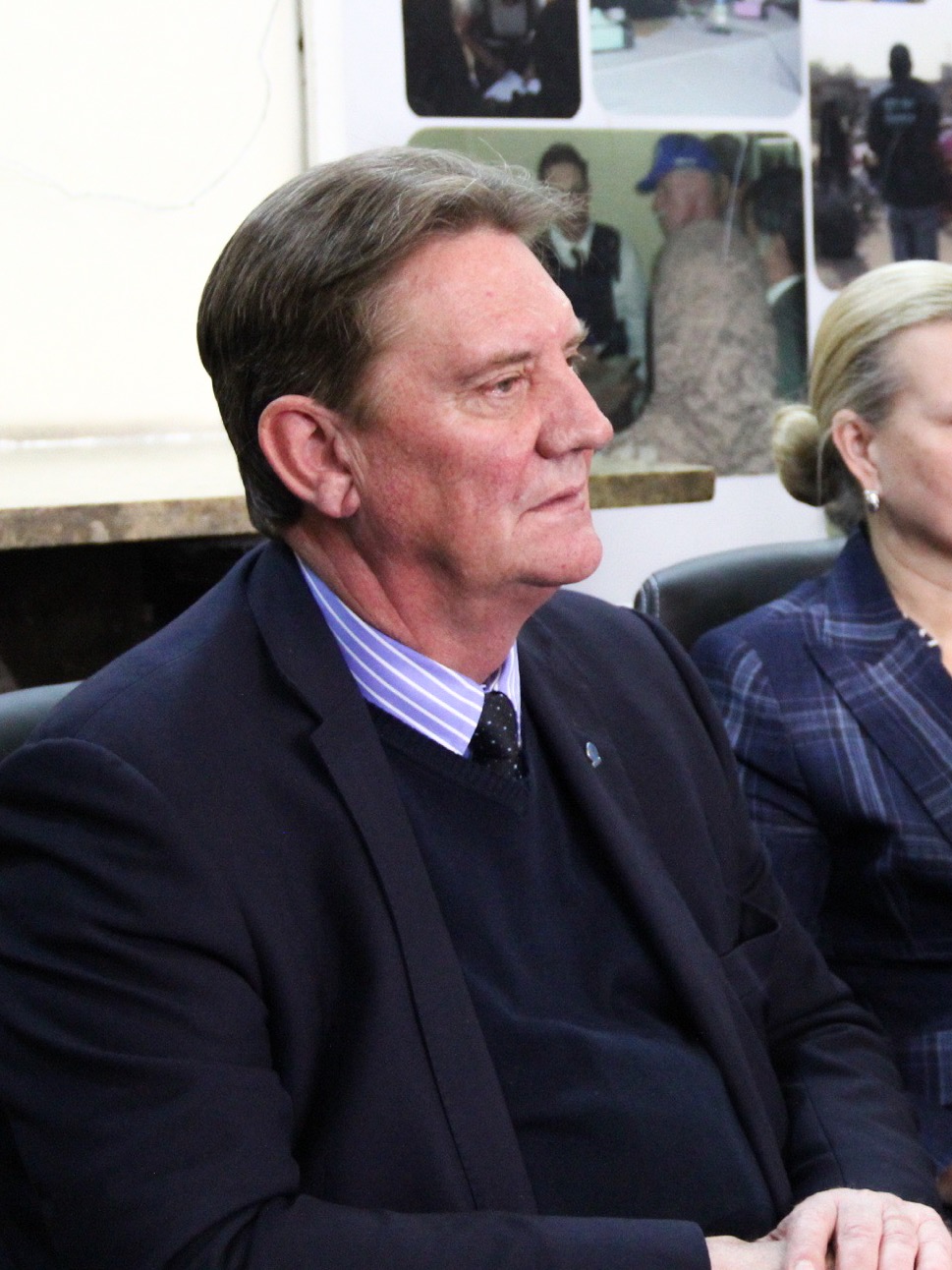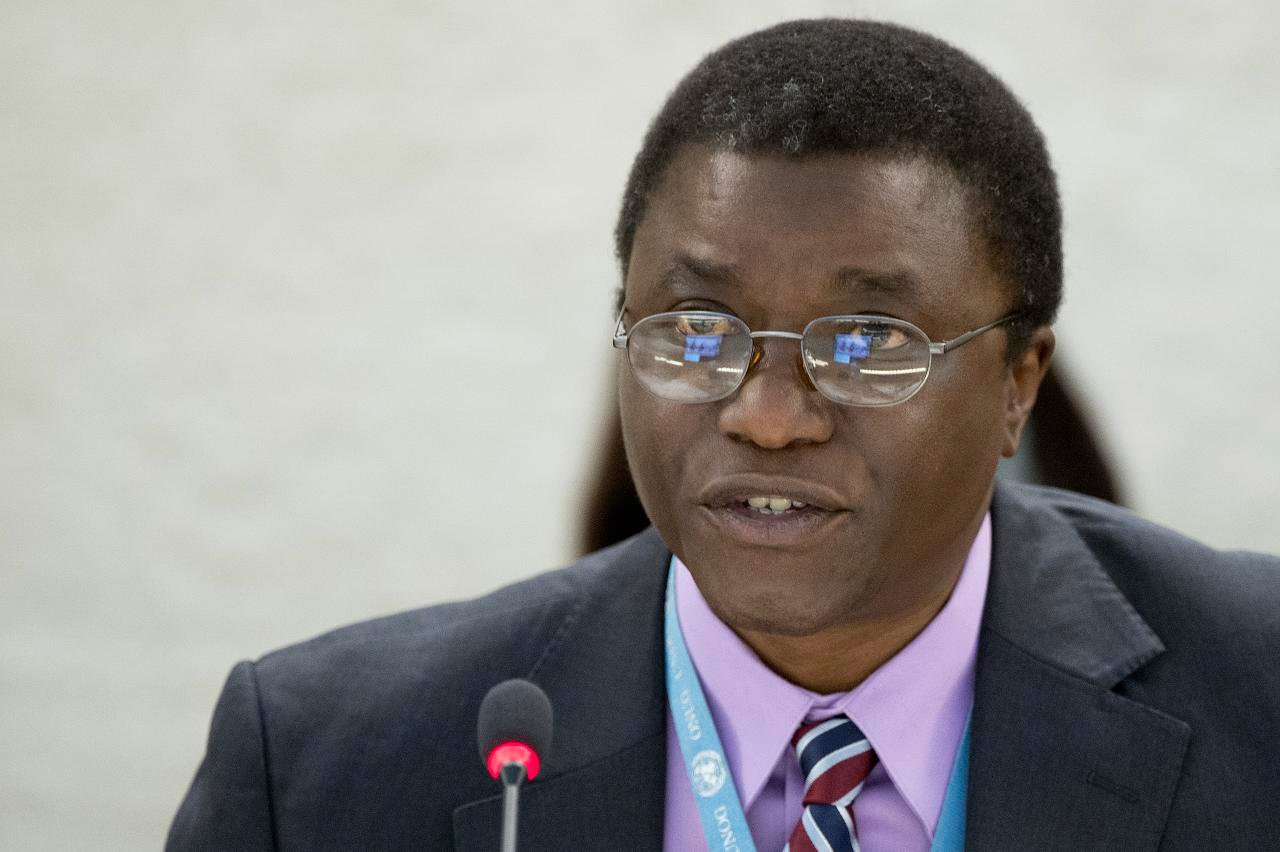Q&A: An audience with the Queen of Roma Music
Q&A: An audience with the Queen of Roma Music

SKOPJE, former Yugoslav Republic of Macedonia, September 27 (UNHCR) - Esma Redzepova Teodosievska is known around the Balkans region as the Queen of Roma Music. A Roma born in Skopje with Jewish, Albanian and Macedonian roots, Teodosievska has dedicated her life to singing to audiences around the world and to fighting against prejudice and discrimination. She recently spoke to UNHCR Principal Secretary Aneta Galic after performing a concert in Skopje. Excerpts from the interview:
How was your concert?
The concert was excellent, I am so excited! I was performing songs from my last CD containing beautiful Roma love songs.
What messages do you convey in your songs?
I dedicate my songs to the poor, to the suffering, to the refugees, to the Roma. My songs bring a message of love and compassion.
I noticed you had some of your foster children with you.
They are always with me. Tonight I had eight of them around me. My husband and I were not blessed with children of our own, so we decided to give our love to children who did not have parents. We fostered, raised and educated 45 children. Most of them have become musicians and they now have children of their own; some of them even have grandchildren.
When did you start helping the refugee cause?
I have seen a lot of misery and suffering [during my travels and concert tours on different continents] that has deeply touched me and inspired me to become active in helping other people. I will never forget when I saw the first trains with Bosnian refugees arriving in Macedonia in 1992. I heard the information on TV and together with some of my children and friends from the Red Cross I went to greet them and see how I could be of help.
It was then that I met employees of the UNHCR office in Skopje and established first contact with the refugees. The Kosovo crisis in 1999 brought more than 350,000 refugees to Macedonia, including many Roma like me. Action and assistance was needed from all sides, so I opened my house and fed tens of families and offered UNHCR my support.
Didn't you act as an honorary envoy for UNHCR for a year?
Yes, I was honoured with the title [in 2002]. Since that time, I have been involved in many UNHCR activities and I started talking about refugees during my concerts, during meetings with high government officials and when meeting journalists and members of the public.
I usually explain that refugees are ordinary people like us and that every one of us could one day be in the same situation that they are in now. It is usually wars, the curse of history, that make them leave their homes and face an uncertain future.
Some 2,000 Roma refugees from Kosovo are still living in this country. Are you in contact with them?
Yes, my fellow Roma have been here for eight years, trying to survive and not lose hope. Whenever I talk to them, I can understand their desperation at not being able to go home for security reasons or due to lack of housing. They need our compassion, they need our help, they need international support, they should never be forgotten.
Do you think they are facing extra difficulties because they are Roma?
Yes, prejudices are present that will have to be addressed. When travelling and performing, I always have to explain to people that their perceptions about the Roma are wrong - they are not wanderers and fortune tellers. Roma are clever, gifted and honest people with a long and rich tradition.
How can Roma refugees improve their situation and prospects?
Education. As I said, Roma are gifted and clever people. We have rich traditions, but all of that is useless without education. I am sad to see that there are still some refugee parents who refuse to let their children go to school for various reasons. The drop-out rate from school, especially among Roma girls, is very high.
I keep telling them: "There will be no future for your children without education. How will they become self-sufficient without any knowledge, skill, education? It is your only chance if you want to be locally integrated! And it will be your only chance once you are back at home. You cannot count on humanitarian assistance all your lives! Do something for yourselves."
How do you change attitudes?
In my opinion it should be a joint effort by the refugees, the state and the international community, including UNHCR. It should be a continuous and comprehensive campaign that will lead to full enrolment of all Roma refugee children in school. No exceptions for any reasons should be tolerated.
You plan to perform at UNHCR's traditional Christmas bazaar in Skopje this year with the refugee band Roma Talents. Tell us about them.
They are a group of five gifted Roma refugees who have been practising in the UNHCR office for three years. I was honoured to perform with them on several occasions and hope to do the same in the near future.

